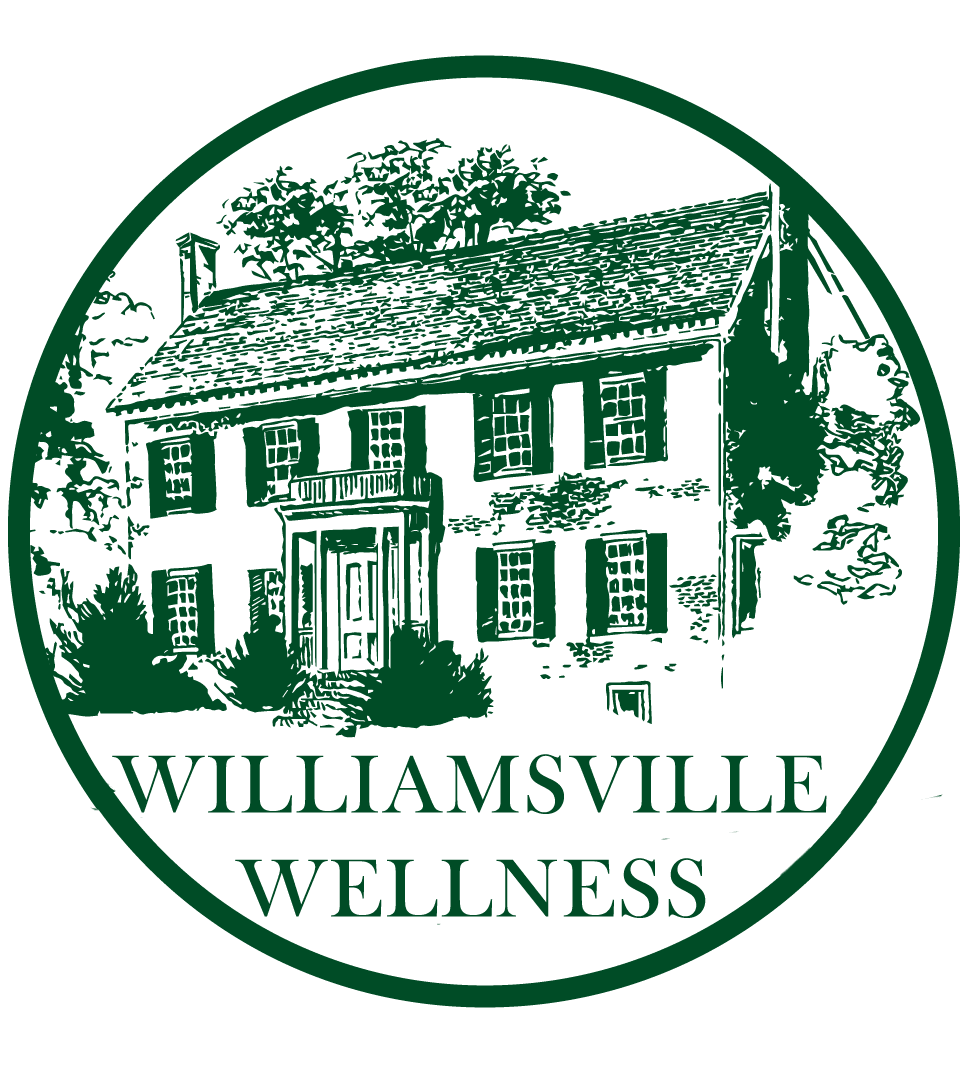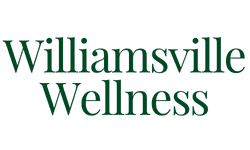Coping Mechanisms for Addiction Recovery

Understanding Addiction and the Need for Coping Mechanisms in Addiction Recovery
The Importance of Coping Mechanisms for Addiction Recovery
Addiction is often described as a chronic disease characterized by compulsive behaviors despite harmful consequences. Whether it is alcohol, opioids, or behavioral addictions like gambling, the impact of addiction extends beyond the individual—affecting families, friends, and communities. As individuals embark on their recovery journeys, they may face numerous stressors and triggers that can jeopardize their progress.
Coping mechanisms serve as essential tools for individuals in recovery. These strategies can help manage the emotional and psychological challenges that arise during the recovery process. Effective coping can reduce the risk of relapse and promote long-term sobriety. Therefore, understanding various coping mechanisms for addiction recovery is vital for anyone on this path.
1. Mindfulness and Meditation
Mindfulness and meditation are powerful practices that can assist individuals in addiction recovery. These techniques involve focusing on the present moment and fostering a non-judgmental awareness of one’s thoughts and feelings. Mindfulness can help reduce anxiety and increase self-awareness, making it easier to address triggers and cravings.
Benefits of Mindfulness in Recovery
- Stress Reduction: Mindfulness practices can lower cortisol levels, which are often elevated during periods of stress and withdrawal.
- Enhanced Emotional Regulation: Practicing mindfulness can improve emotional responses, enabling individuals to cope with cravings and negative emotions more constructively.
- Improved Focus: Engaging in mindfulness can enhance concentration, allowing individuals to stay committed to their recovery goals.
To incorporate mindfulness into your routine, consider exploring guided meditation apps or local meditation classes. Williamsville Wellness incorporates mindfulness techniques tailored to individuals in recovery in our treatment sessions.
2. Physical Activity
Engaging in regular physical activity is another effective coping mechanism for addiction recovery. Exercise produces endorphins, commonly known as the “feel-good” hormones, which can elevate mood and combat feelings of anxiety and depression.
Benefits of Physical Activity
- Mood Enhancement: Physical exercise boosts the production of neurotransmitters such as serotonin and dopamine, which can improve mood and reduce the risk of depression.
- Stress Management: Exercise can serve as an outlet for pent-up energy and tension, helping individuals release stress and frustration in healthy ways.
- Social Connection: Joining exercise groups or classes can foster social interactions that provide additional support in the recovery journey.
Integrating physical activity into daily routines can range from structured workouts to simple outdoor activities like walking or hiking. Williamsville Wellness promotes physical health as a crucial component of recovery. In our residential program, we incorporate nutrition education, exercise at our onsite gym, and have over 400 acres of property to walk and explore.
3. Building a Strong Support Network
Social support is fundamental for individuals in addiction recovery. A robust support network can provide emotional comfort, practical assistance, and accountability.
Advantages of a Support Network
- Emotional Validation: Sharing experiences with others facing similar challenges can reduce feelings of isolation and loneliness.
- Practical Support: Friends and family can assist during difficult times, helping with problem-solving and offering encouragement.
- Accountability: Support networks can help individuals stay accountable to their recovery goals and strategies.
Effective ways to build a support network include attending local support groups such as Alcoholics Anonymous (AA) or Narcotics Anonymous (NA), participating in therapy sessions, or reaching out to trusted friends and family members. At Williamsville Wellness, we provide various group therapies that foster connection and community.
4. Journaling
Writing about your experiences and feelings is a therapeutic way to process emotions. Journaling can serve as a private space to express thoughts, explore challenges, and reflect on positive experiences.
Benefits of Journaling for Recovery
- Emotional Clarity: Writing helps untangle complex emotions, providing clarity and understanding.
- Tracking Progress: Journaling can serve as a record of recovery, highlighting accomplishments and areas for growth.
- Stress Relief: Putting pen to paper can be cathartic, allowing individuals to release pent-up frustrations and anxieties.
To get started with journaling, set aside a few minutes each day or week to write about your feelings and experiences. This can help clarify your journey and reinforce your commitments to recovery.
5. Creative Expression
Engaging in creative activities can provide a healthy outlet for emotions and stress. Creative expression can take various forms, such as painting, crafting, writing, or performing music.
Benefits of Creative Activities
- Stress Relief: Creative activities provide a distraction and a pleasurable alternative to substance use, alcohol, gambling, etc.
- Enhanced Self-Expression: Creativity allows individuals to articulate feelings and experiences that may be difficult to express verbally.
- Building Self-Esteem: Completing creative projects can foster a sense of accomplishment and improve self-worth.
Consider exploring new hobbies or returning to past interests that you found fulfilling. At Williamsville Wellness, we encourage the arts as a therapeutic modality for recovery.
6. Professional Therapy and Counseling
Seeking professional help is a critical step in addiction recovery. Therapy can provide personalized strategies for coping and emotional support tailored to individual needs.
Types of Therapy Beneficial for Recovery
- Cognitive Behavioral Therapy (CBT): This therapy focuses on identifying and restructuring negative thought patterns that contribute to addiction.
- Motivational Interviewing (MI): This approach helps individuals explore their motivations for change and resolve ambivalence toward recovery.
- Dialectical Behavior Therapy (DBT): DBT emphasizes emotional regulation and interpersonal effectiveness, allowing individuals to develop healthier coping strategies.
If you are considering therapy, Williamsville Wellness offers a comprehensive range of therapeutic services to support your recovery journey. Our residential program includes 10+ individual therapy sessions per week which is significantly more than other programs in the industry offer.
7. Breathing and Relaxation Techniques
Breathing exercises and relaxation techniques can quickly reduce stress and anxiety. These simple practices help calm the mind and body, allowing individuals to cope better with cravings and triggers.
Common Techniques to Try
- Deep Breathing: Inhale deeply through your nose, allowing your abdomen to rise. Hold for a moment, then slowly exhale through your mouth. Repeat several times to promote relaxation.
- Progressive Muscle Relaxation: Start at your toes and tense each muscle group, then relax. Work your way up through your body, helping to release physical tension.
- Guided Imagery: Close your eyes and envision peaceful scenes or places. Engaging in this mental imagery can help distract from stressors and encourage relaxation.
Incorporating these techniques into your daily routine can enhance your ability to cope with triggers and reduce anxiety. Williamsville Wellness provides sessions focused on mindfulness and relaxation techniques.
8. Establishing a Routine
Creating a stable daily routine can provide structure and predictability, which are often lacking during the recovery process. Stability can enhance feelings of control and security.
Advantages of an Established Routine
- Reduced Anxiety: Knowing what to expect from each day can alleviate stress and feelings of uncertainty.
- Encouragement of Healthy Habits: Routines can ensure that self-care practices, such as exercise and healthy eating, become priorities.
- Increased Productivity: Structured days lead to better time management, reducing feelings of overwhelm.
To get started, consider creating a daily planner that includes schedules for self-care, work, social activities, and relaxation.
9. Nutrition and Hydration
A balanced diet plays a crucial role in recovery. Proper nutrition supports brain health and emotional stability, contributing significantly to resilience in the recovery journey.
Benefits of Good Nutrition
- Improved Mood: Certain foods, like those rich in Omega-3 fatty acids, can enhance mood and cognitive function.
- Energy Levels: A healthy diet ensures that your body has the nutrients it needs to function optimally, helping combat fatigue and lethargy.
- Support for Recovery: Certain nutrients are vital for physical recovery and detoxification, enhancing overall well-being.
Consider consulting with a nutritionist or dietitian familiar with addiction recovery to create a personalized meal plan that supports your needs. Proper hydration also plays a critical role in maintaining cognitive function and emotional stability.
10. Building Resilience through Personal Development
Cultivating resilience equips individuals with the mental and emotional strength to face stressors and setbacks without resorting to substance use.

Strategies to Build Resilience
- Set Realistic Goals: Establish achievable short-term and long-term goals to create a sense of purpose and direction.
- Learn from Experience: Reflect on past challenges and identify lessons that can be applied to current struggles.
- Develop Problem-Solving Skills: Focus on enhancing your ability to address obstacles and find solutions, which reinforces self-efficacy.
At Williamsville Wellness, we offer therapy sessions and group workshops that focus on personal development and resilience-building techniques.
Your Roadmap to Lasting Sobriety
Coping mechanisms for addiction recovery are vital tools that help individuals successfully navigate the challenges that may arise along the way. By implementing strategies like mindfulness, physical activity, social support, and professional therapy, individuals can strengthen their ability to cope with stress and enhance their overall well-being.
At Williamsville Wellness, we are dedicated to providing support and encouragement to those on their recovery journey. Explore our various programs and resources that empower you to develop effective coping mechanisms for addiction recovery and lead a fulfilling life.
If you or someone you know is struggling with addiction and needs help, don’t hesitate to reach out to a professional for support and guidance. Remember, recovery is a journey, and the right coping mechanisms can make all the difference.









